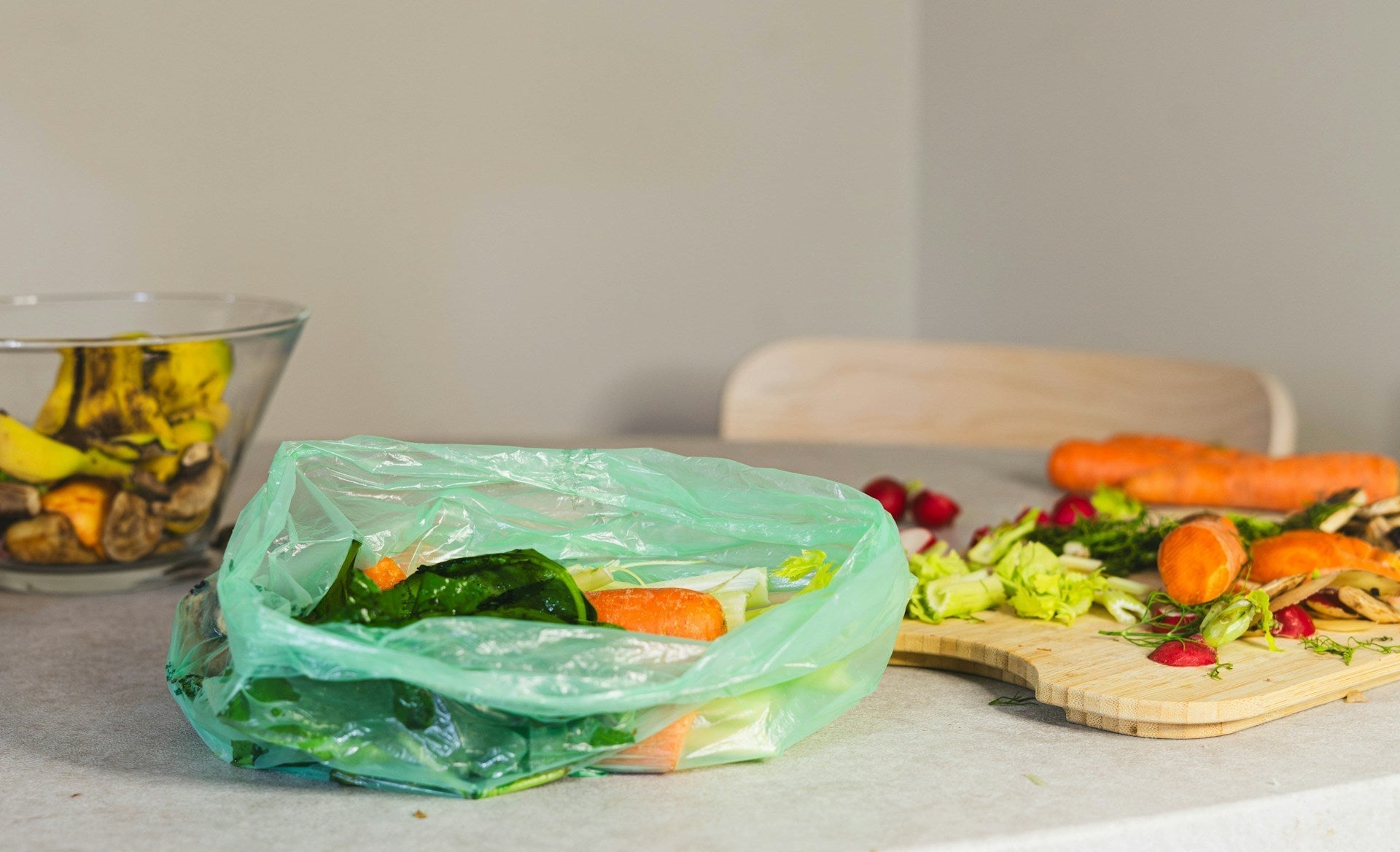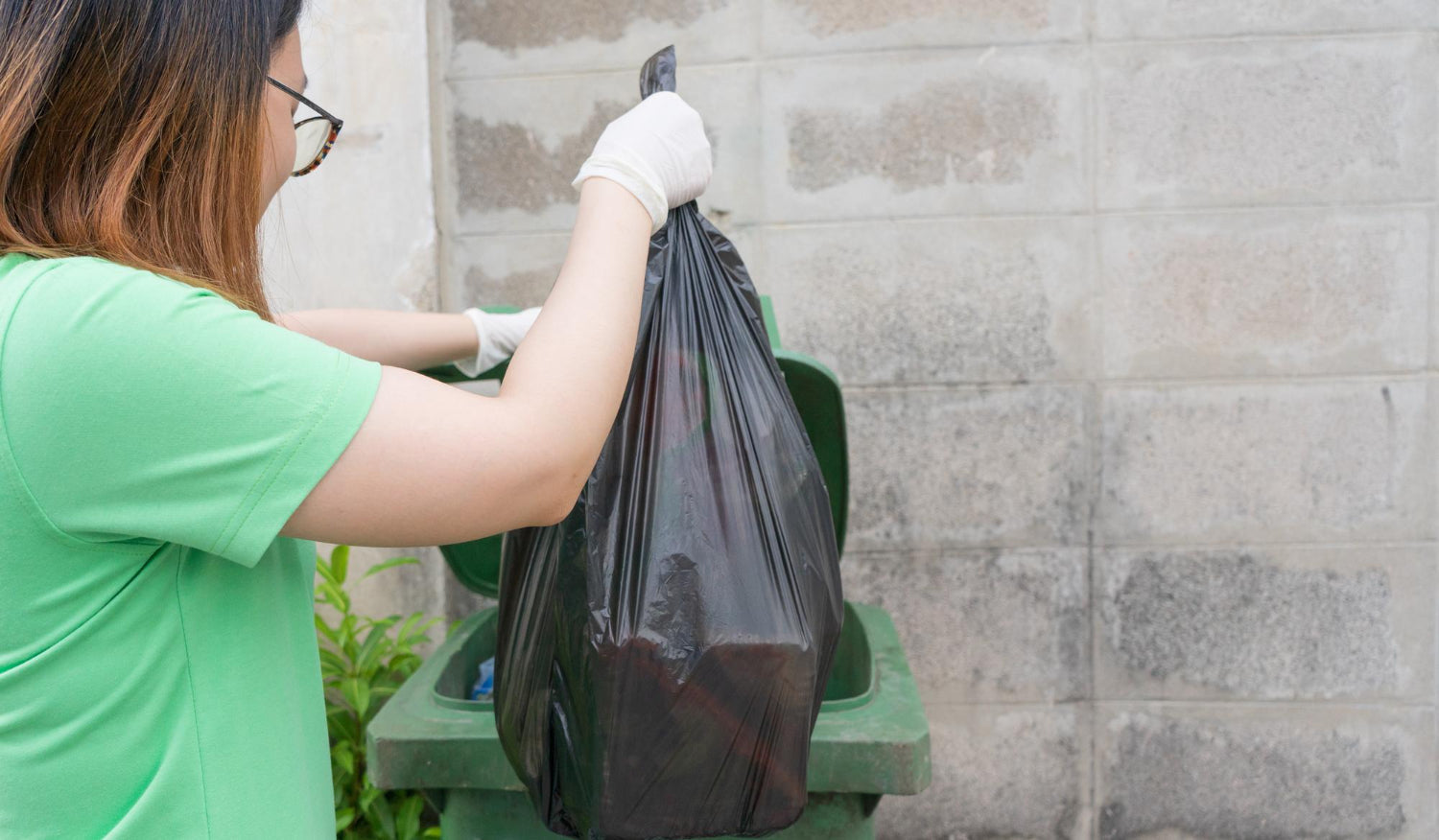Our pets fill our lives with joy and companionship, and it's essential to keep their surroundings clean and comfortable to maintain their well-being. However, conventional pet care products and cleaning methods can often contribute to environmental harm. As pet owners, we have a responsibility not only to care for our four-legged friends but also to protect the planet. The good news is that there are numerous sustainable pet care tips to ensure a clean, healthy environment for your pets while minimizing your ecological footprint.
In this article, we will explore eco-friendly practices and products that can make your pet care routine more environmentally conscious. We'll discuss switching to greener cleaning solutions, using compostable trash bags for your pet's waste, promoting sustainable pet care supplies, and adopting energy-saving habits to create a healthier home for your pets and the planet.
1. Choose Eco-Friendly Cleaning Solutions for Pet Messes
Traditional cleaning products often contain harsh chemicals that can irritate your pet's skin, eyes, and respiratory system. Additionally, these chemicals can harm the environment when flushed down drains or released into the air. To protect your pet and the planet, consider switching to greener cleaning solutions:
- Natural cleaning products: Opt for natural, biodegradable cleaning products that are free of harsh chemicals and fragrances. These eco-friendly alternatives protect your pet's health while minimizing environmental damage.
- DIY cleaning solutions: Create your own pet-friendly cleaning solutions using common household ingredients like vinegar, baking soda, and lemon juice. These natural ingredients are cost-effective, safe for your pet, and gentle on the environment.
2. Use Compostable Trash Bags for Pet Waste Disposal
Proper disposal of pet waste is crucial for maintaining a clean environment and preventing the spread of diseases. Opt for sustainable waste disposal practices, such as:
- Compostable trash bags: Use compostable trash bags for disposing of your pet's waste. These biodegradable bags break down more quickly than traditional plastic bags and are an environmentally responsible choice.
- Biodegradable litter: Select eco-friendly, biodegradable cat litter made from reprocessed materials like recycled paper, wood, or corn. These litters minimize waste and are safe alternatives for your cat and the environment.
- Pet waste composting: Consider composting your pet's waste separately from your household compost. Proper pet waste composting minimizes odors, reduces the need for plastic bags, and creates nutrient-rich compost for non-edible plants.
3. Invest in Sustainable Pet Care Supplies
Choosing eco-friendly pet supplies is another way to create a cleaner and greener living space for your pets:
- Recycled or repurposed materials: Look for pet care supplies made from recycled or repurposed materials, such as pet beds, toys, and accessories.
- Natural grooming products: Use natural, chemical-free grooming products to protect your pet's skin and coat, reduce their exposure to harmful substances, and minimize environmental pollution.
- Sustainable pet food: Opt for pet foods made from sustainably sourced and cruelty-free ingredients. Look for brands that utilize recyclable or compostable packaging to reduce waste.
4. Adopt Energy-Saving Habits for Pet Care Routines
A pet-friendly home can be energy-efficient with a few simple adjustments:
- Smart climate control: Use programmable thermostats and energy-efficient heating or cooling systems to maintain a comfortable temperature for your pets while reducing energy consumption.
- Energy-efficient pet doors: Install energy-efficient pet doors to minimize drafts and heat loss. Look for models with insulating materials, weatherstripping, or magnetic seals to conserve energy and maintain indoor climate control.
- LED or motion-sensor lighting: Choose energy-saving LED bulbs and motion-sensor lighting for your pet's spaces, helping to reduce energy waste while ensuring your pets have proper lighting when they're active.
Sustainable Pet Care for a Cleaner, Greener Home
Providing a clean, healthy environment for our pets doesn't need to come at the expense of the planet. By adopting eco-friendly cleaning methods, purchasing sustainable pet supplies, and practicing energy-saving habits, we can create a safe and comfortable living space for our pets while minimizing our environmental impact.
As you embrace these sustainable pet care tips, consider incorporating compostable trash bags into your routine for pet waste disposal and other household tasks. Plastno offers a range of compostable trash bags that make responsible waste disposal easy, supporting your journey towards a cleaner, greener home.
Visit Plastno today to learn more about their environmentally friendly products and discover how to make simple, impactful changes for the betterment of our beloved pets and the planet we all share.






Share:
Eco-Friendly Hosting: The Complete Guide to Greener Parties and Events
The 7 Most Common Places Your Forgetting to Clean